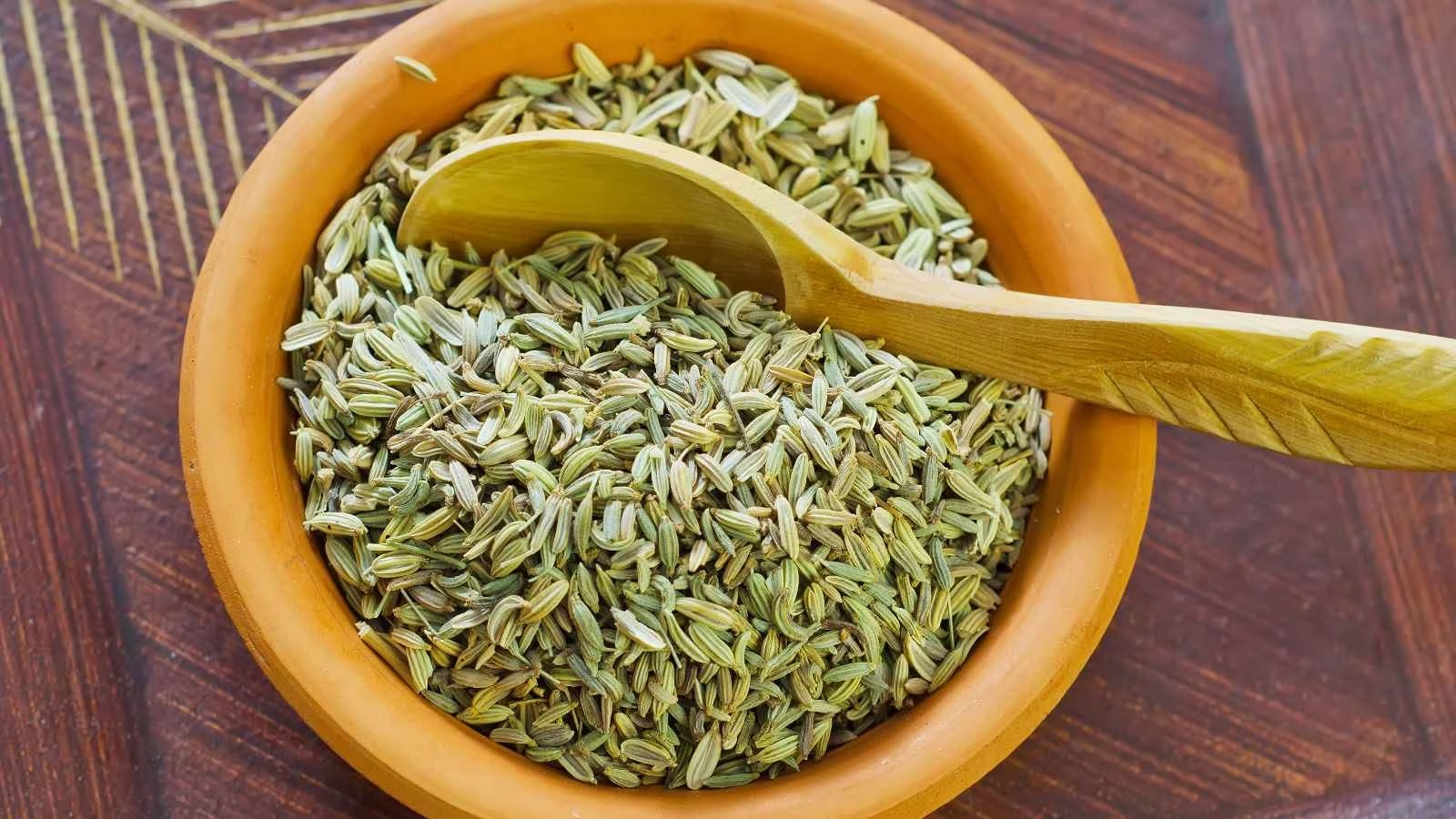
Big news has come to the notice of Shiva devotees in the month of Sawan. From September this year, devotees will be able to visit the holy Mount Kailash, believed to be the abode of Lord Shiva, from the Indian side. This means that Indians can directly reach Kailash Mansarovar without setting foot on Chinese soil.
Officials said the Border Roads Organization (BRO) has started cutting the road from KMVN Huts at Nabhidhang in Pithoragarh district to Lipulekh pass on the India-China border, which will be completed by September. After the completion of the road work, 'Kailash View Point' will be ready next to the road.

Hirak Project has been entrusted with the task of developing the 'Kailash View Point' by the Government of India. It is being told that a lot of road-cutting work has been done and if the weather is favorable, it will be completed by September. After cutting the road 'Kailash View Point' will be constructed. Considering that the Kailash-Mansarovar Yatra through Lipulekh Pass, which was suspended due to Covid, has not resumed, an alternative is being worked out so that devotees can travel to Mount Kailash only from Indian territory.
Explain that Mount Kailash is a mountain range located in Tibet. To its west and south are the Manasarovar and Rakshasthala lakes. Many important rivers originate here - Brahmaputra, Indus, Sutlej, etc. It is considered sacred in Hinduism. According to mythology, Lord Rishabhdev attained Nirvana here. Bharat, the son of Shri Bharateshwar Swami Mangleshwar Shri Rishabhdev Bhagwan conquered it at the time of Digvijay. This region was conquered by Arjuna during the epic conquest of the Pandavas.
The Kailas mountain range extends from Kashmir to Bhutan and between Lha Chu and Zhong Chu is Mount Kailash whose northern peak is named Kailash. The shape of this peak is like a huge Shivling. It is situated in the middle of sixteen lotuses made of mountains. Mount Kailasa is said to be the abode of Lord Shiva. There in the snow itself, Bholenath Shambhu Anjana (Brahma) is engrossed in solitary penance, silent, motionless, wearing Aghor.
PC Social media










